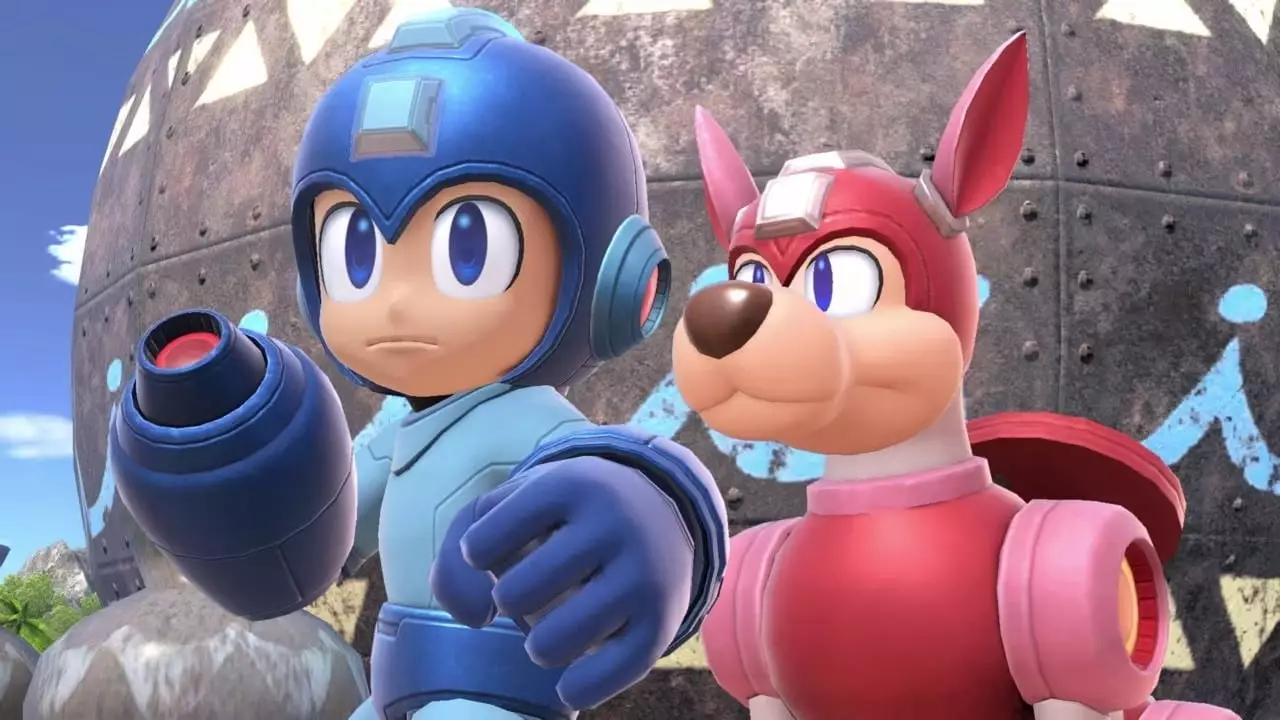The recent Game Awards showcased a remarkable pivot by Capcom, the esteemed Japanese video game company, as it announced the revival of beloved classics such as *Okami* and *Onimusha*. This unexpected move is framed within Capcom’s broader strategy of reactivating dormant intellectual properties (IPs) that have not seen new installments in recent years. The company’s commitment to this initiative speaks volumes about its intent to tap into nostalgia while positioning itself to enhance its overall value within the competitive gaming landscape.
According to a press release from Capcom, the revival of these iconic titles is just the beginning. The gaming giant asserts that the objective behind this initiative is not merely a nostalgic dig but part of a larger strategy to produce high-quality titles effectively. Reviving these classic games allows Capcom to capitalize on their established fan bases, ensuring a quicker return on investment compared to entirely new creations. This approach also signifies recognition of the enduring appeal of traditional gaming experiences in an era dominated by multiplayer online games and expansive open worlds.
Capcom has not solely relied on its revival strategy but has also seen significant success with recent game collections and titles. The *Ace Attorney* series continues to thrive, alongside innovative compilations like the *Marvel vs. Capcom Fighting Collection*. These initiatives illustrate Capcom’s dual focus on both maintaining contemporary engagement and revisiting its historic IPs. The company is set to further strengthen its portfolio with an upcoming *Monster Hunter* release scheduled for 2025, in addition to another fighting game collection that promises to captivate both veterans and newcomers.
Echoing the sentiment of its fans, Capcom has actively sought feedback on which franchises they wish to see back in action. A recent survey revealed a strong interest in revivals of titles like *Breath of Fire*, underscoring the appetite for these nostalgic experiences. This engagement indicates that the company understands the importance of community input in shaping its offerings, something that is often overlooked in the industry. By listening to its audience, Capcom not only fosters loyalty among existing fans but also attracts new players intrigued by these storied series.
Interestingly, Capcom is not alone in its revival efforts. Competitor Sega has also embarked on a journey to reinvigorate classic franchises including *Crazy Taxi*, *Shinobi*, and *Jet Set Radio*. This trend reflects a broader recognition within the gaming industry of the value embedded in legacy properties. As players increasingly crave nostalgic experiences, these moves by Capcom and Sega suggest a shift back to the roots of gaming, emphasizing unique storytelling and gameplay mechanics that many newer titles tend to overlook.
As Capcom navigates this revival landscape, the key question remains: what series should it consider resurrecting next? As the company ventures into reactivating cherished titles, it holds great potential to not only reclaim its place in gaming history but also to build an exciting future steeped in nostalgia. By balancing the past with anticipated innovations, Capcom endeavors to engage a diverse range of gamers, ensuring its legacy continues to thrive in an ever-evolving industry.

